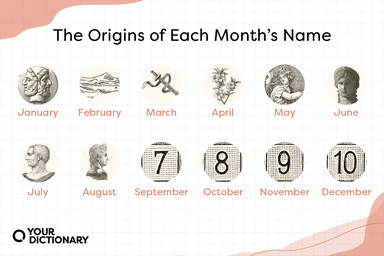In Late Latin there was a tendency to this spirant pronunciation which appears as early as the beginning of the 2nd century A.D.; by the 3rd century b and consonantal u are inextricably confused.
Examples of the work in this direction of Ovid, Claudian, Ausonius and other late Latin poets have been preserved, but it is particularly those of Horace which have given this character to the epistles in verse which form so very characteristic a section of French poetry.
In Late Latin processio is generally used of a religious procession, the word having come to be used of the body of persons advancing or proceeding.
The sites on which it has been observed range from Dakka to Halfa, that is to say within the precise limits which late Latin and Greek writers assign to the Blemyes, and there is good reason to identify the people that evolved it with this hitherto almost unknown barbarian nation.





